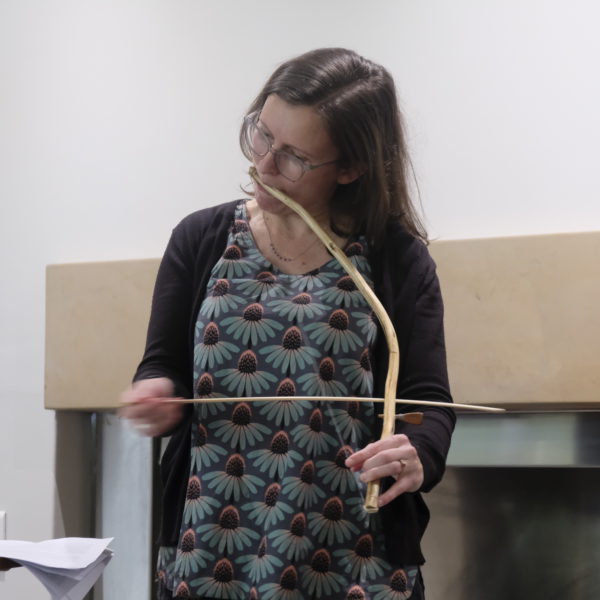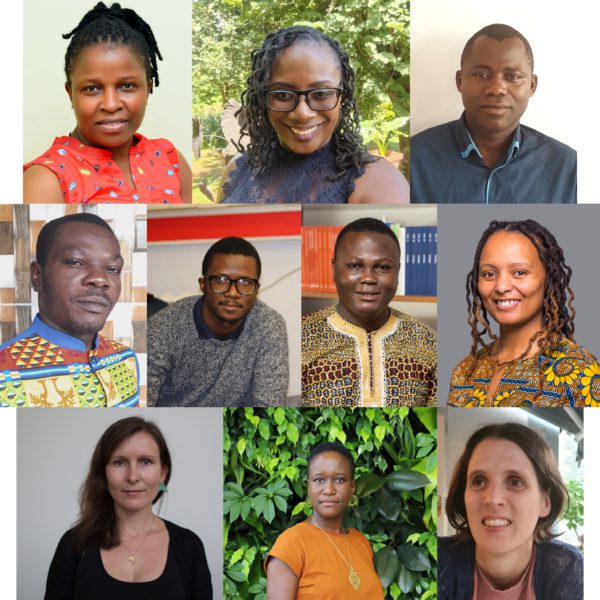This project aims to explore ideas surrounding water within the musical world of eSwatini. As a country plagued by severe and regular drought and as southern African moves permanently into a state of water stress, this research aims to understand how indigenous musical forms have portrayed ideas relating to water. In eSwatini, water is intrinsically linked to cattle, to ecology and rural life, to domestic and commercial work, and to spiritualism. Within the world of Swazi political and religious belief, water is a key signifier of power, communication and change. The supreme god, Mvelinchanti, is closely associated with the land of this kingdom, with the river pools, the sea and lightning being homes for other notable spiritual and ancestral beings. In order to retain power, the bemanti (‘people of the water’) and belwandle (‘people of the sea’) are involved in water collection rites for the King. From regimental songs performed at the annual Incwala ceremony to makhweyane bow songs about courtship, rain, water, rivers and the sea perform a lyrical and relational function through these musics in this society. This project investigates the forms these lyrical associations take on as local hydroscapes are drastically altered by environmental and climate flux.
Menu
Related news
Related news
Share this project:
Share on whatsapp
WhatsApp
Share on email
Email
Share on facebook
Facebook
Share on twitter
Twitter
Share on linkedin
LinkedIn
Is any information on this page incorrect or outdated? Please notify Ms. Nel-Mari Loock at [email protected].



